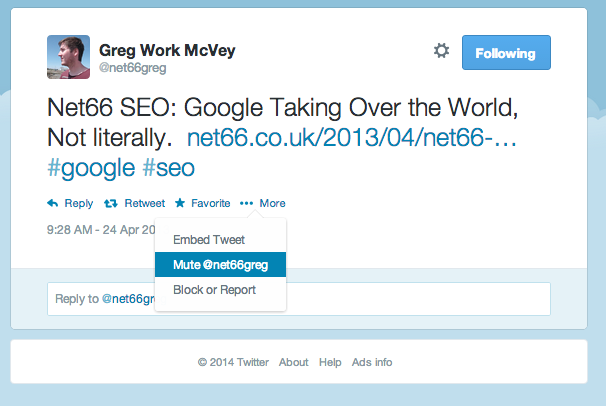When the major social media platform Pinterest added a new search feature helping users find their favourite pins faster, it became quite evident search engine optimisation is likely to get a tremendous boost as well.
A massive 30 billion pins were posted across an equally impressive 750 million Pinterest boards by April 2014 easily demonstrating tremendous potential for businesses to use the feature to their advantage. It turns out to be an exercise in using search terms in sync with the latest search feature offered by the platform.

Social media is turning out to be a very important medium for brands to make their presence felt online. Changes introduced by different platforms become important components of marketing strategy. It is widely known Pinterest uses media content to broadcast information with the help of infographics and other visual aids.
People have low attention spans and tend to lose interest if searches take too long. By making it easier for people to find their favourite infographics faster, Pinterest actually helps businesses adopt similar techniques to reach people in need of their products.
Categorising Products For Better SEO Results
People look for specific topics but often use a limited number of search terms during organic searches. Pinterest now adopts relevant filters to help users get precise search results much faster. For example, a broad search term like “recipe” is likely to yield a great number of infographics. People may be interested in specific categories like “vegan,” “vegetarian,” “paleo,” or “gluten free.”
Filters are now introduced using these categories to help people get targeted information.
Users hardly have the time to read through a lengthy article. They find it easier to browse through an infographic to get valuable information about specific products.
A massive 75% traffic rate is established by Pinterest through mobile phone marketing alone making it quite obvious people on the move prefer media content as well. The new search feature is likely to be improved upon adding custom categories and other guided features in time.
Improved SEO With Optimized Boards
Boards within Pinterest can be easily optimised for improved SEO results. How the process is to be fine-tuned may be a matter of discussion, but it must be noted the social media platform sets up a specific number of boards for users. Selected preferences are likely to determine how Pinterest categorises individual pins. Users can now use keyword-specific content with focus on spreading them across proper categories to further simplify search functions.
Pinterest not long ago also introduced promoted pins, a bit like PPC. Depending on your budget you can advertise sponsored pins, which as you may guess gets tons of traffic but will come at a hefty price.
Take the example of users in Manchester looking for information on trending topics. Search terms can be used to introduce products in the first 5 boards appearing above the fold. A fantastic first impression is created with users finding exactly what they were looking for. A product related to the search term is now synchronised to yield more traffic.
Probability of users having great visual experiences translating into potential buyers is much higher. Better interaction with superior search functionality make positive SEO results in Manchester achievable in lesser time and by just keeping in touch with a feature that works seamlessly with a website’s on-page optimization.
Take a look at these cool SEO tricks for Pinterest:
Posted by Jordan Whitehead





